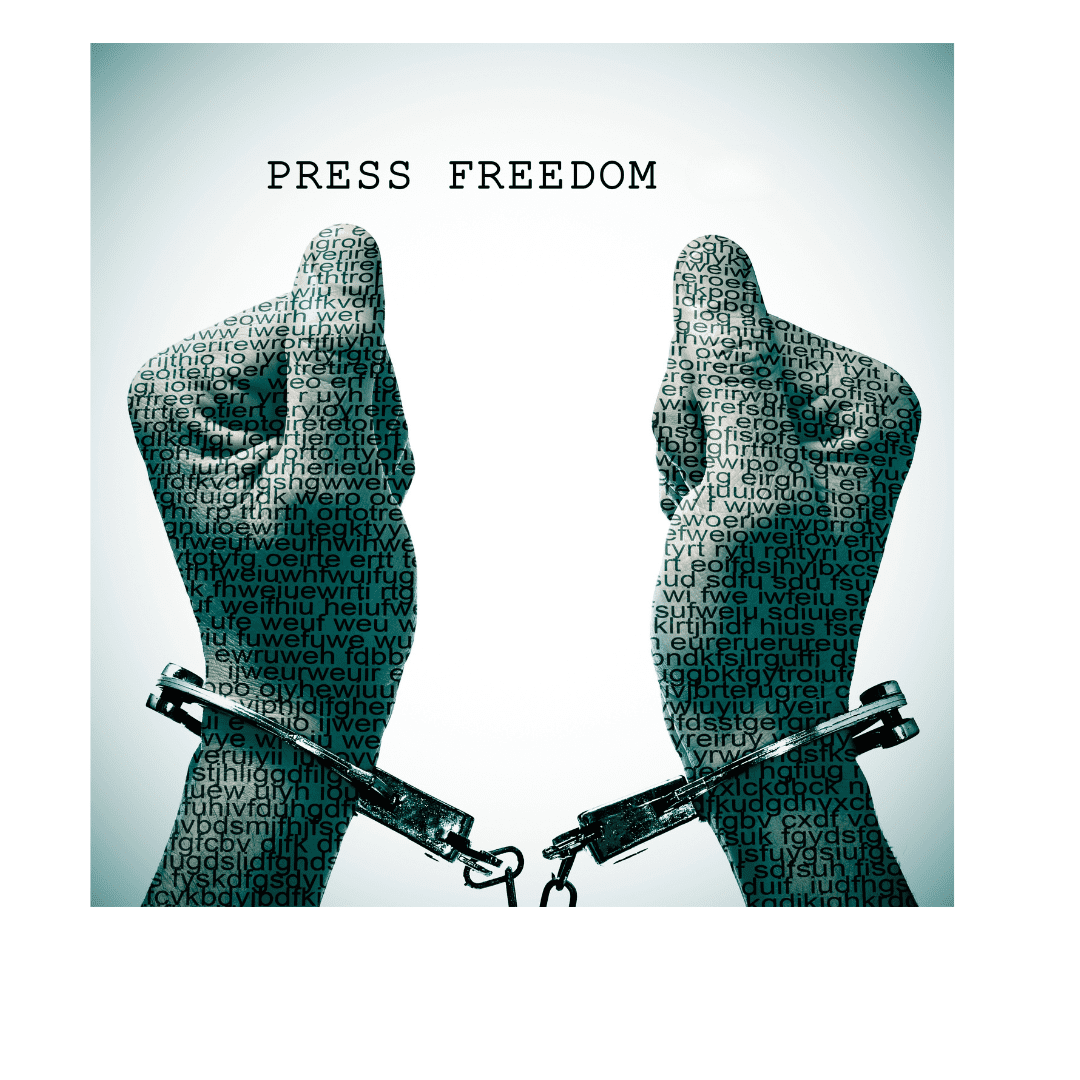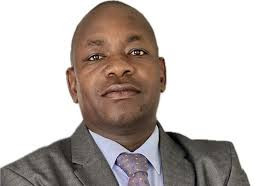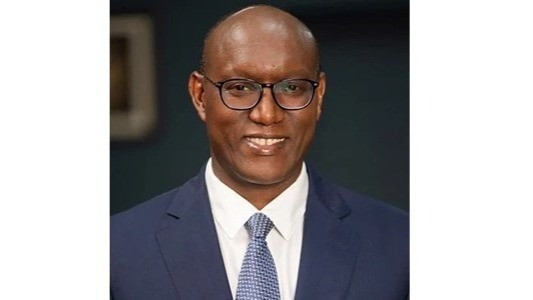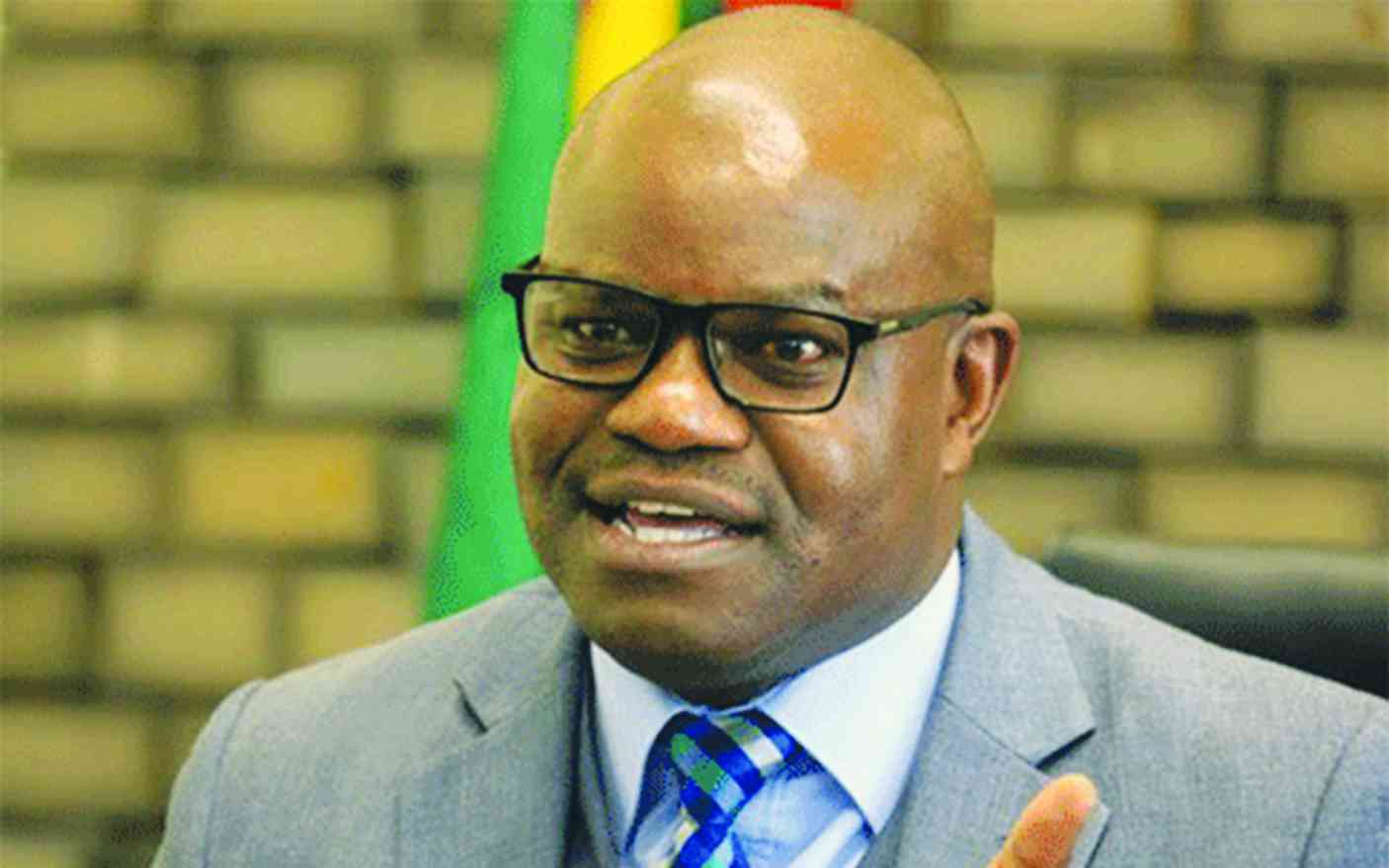
THREE ambassadors from Germany, Canada and India have issued a stark warning that press freedom is under growing global threat, as disinformation, censorship and geopolitical manipulation increasingly undermine democracy and the pursuit of truth.
Speaking at the Southern Africa Media Summit in Harare under the theme Navigating the crossroads: Strengthening independent journalism for democratic accountability the envoys said journalists across the world were working under siege, with governments, corporations and digital forces eroding the foundations of independent journalism.
German deputy ambassador Michael Ott said the principle of media freedom, enshrined in Article 19 of the Universal Declaration of Human Rights, was being violated by “powerplay, greed, radicalism and self-righteousness”.
“Everyone has the right to freedom of opinion and expression... through any media and regardless of frontiers,” he said.
“Officially and at least verbally this fundamental human right is recognised and accepted in all and every country in constitutions and legally protected laws and regulations. But too often the reality is different.”
Ott warned that some governments were “seeking to restrict freedom of the press and freedom of information, restrict access, to suppress debate, disseminate misinformation and intimidate journalists or even make them disappear. This is unacceptable”.
He said journalism has always faced danger, but “where press freedom is under pressure, freedom itself is in danger — for everybody”.
He called for global solidarity in defending independent journalism, saying, “Independent journalism in a fractured world means fighting disinformation and pushing back against digital censorship to boost media literacy in the age of Artificial Intelligence”.
- Zim headed for a political dead heat in 2023
- Zec failing to level playing field: CiCZ
- Take Money clinches sponsorship deal
- Zimra targets US$ tax evaders
Keep Reading
Ott also paid tribute to journalists killed or imprisoned for their work. “Hundreds of journalists and media professionals — Reporters Without Borders counted 550 in 2024 — are imprisoned around the world. Being a journalist, living up to the high standards we expect from independent journalism, needs courage,” he said.
Canadian ambassador Adler Aristilde, a former journalist, said the fight for truth has become a global struggle that transcends borders.
“We are gathered today at a time when the truth and freedoms of expression are under siege. At a time when disinformation, censorship and geopolitical manipulation threaten the very foundations of democratic discourse,” he said.
Aristilde said both developed and developing nations were witnessing the erosion of traditional media models and the rise of “foreign interference and the weaponisation of information”.
“In Africa, courageous journalists continue to report under pressure, often at great personal risk, in environments where press freedom is fragile and contested.
“We just heard those heart-wrenching but very brave stories from Blessed (Mhlanga), Faith (Zaba), Bheki (Makhubu, a Swazi journalist, who was jailed for 447 days on charges of contempt of court and scandalising the judiciary), Armando (Nhantumbo of Mozambique), Judie (Kabeira, of Kenya) and Trevor (Ncube).
“I was sitting there feeling quite sad on one hand but also feeling incredibly inspired by their courage, conviction and their commitment to continue doing their work,” he added.
Aristilde said Canada was co-funding the Media Freedom Coalition, a partnership of over 50 countries committed to defending journalists and contributes US$4 million to Unesco’s Global Media Defence Fund to provide legal and emergency support to journalists worldwide.
“Journalists must be able to do their jobs — free from threat or intimidation!” he said, urging all governments to “support good journalism, protect journalists from harassment and violence, and combat disinformation through education and responsible legislation”.
Aristilde also cautioned journalists to guard against being manipulated by powerful interests. “It can be tempting to use what looks like news coming out from big corporations or government entities or diplomatic missions… when they are only a piece of very curated, well-choreographed public relations advertisement that serves private interests and not the interests of the public,” he said.
Indian ambassador Brahma Kumar said India’s media landscape was one of the most dynamic in the world, with almost a billion Indians today having access to the internet, but warned that digital technologies have also created new dangers.
“In a world increasingly shaped by geopolitics, independent journalism faces mounting pressure from both state influence and global information wars where narratives are often weaponised to serve strategic interests,” he said.
“The advent of AI has further complicated the media landscape, enabling the creation of deepfakes, synthetic news and algorithm-driven echo chambers that blur the line between fact and fabrication.
“Governments must find a balanced approach to regulating misinformation and technological misuse without undermining the core democratic principle of a free and independent press,” Kumar added.
In his opening remarks, Friedrich Naumann Foundation regional project coordinator Miklos Romandy said the summit was being held at a time when media globally was facing unprecedented challenges.
“The rise of misinformation, disinformation, and propaganda threatens to erode the gains we have made in building informed communities. These challenges require coordinated responses and unwavering commitment to truth and transparency,” he said.
“The Friedrich Naumann Foundation believes in the power of independent journalism to drive democratic progress and social development.”
The summit was organised by Heart and Soul Broadcasting Services.











